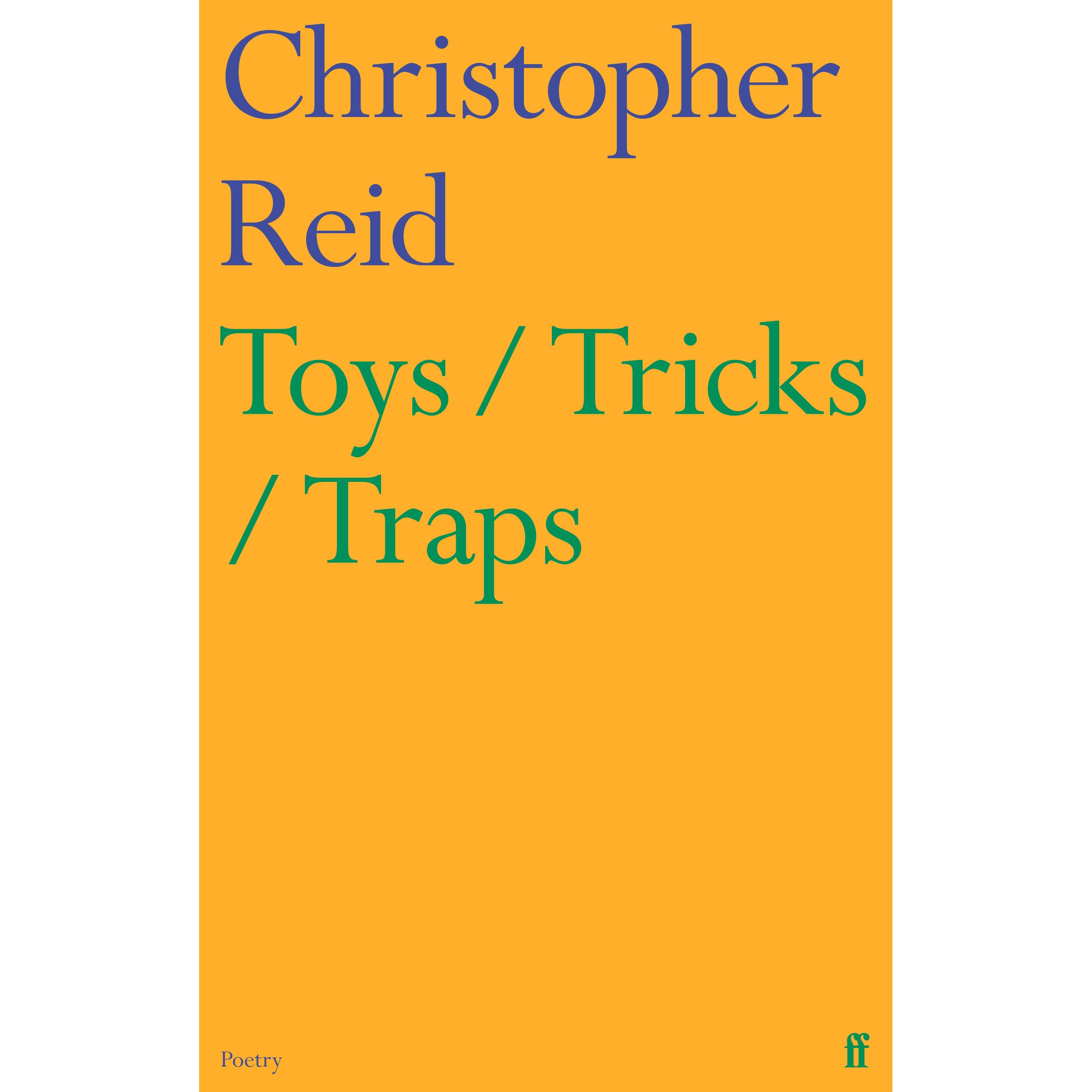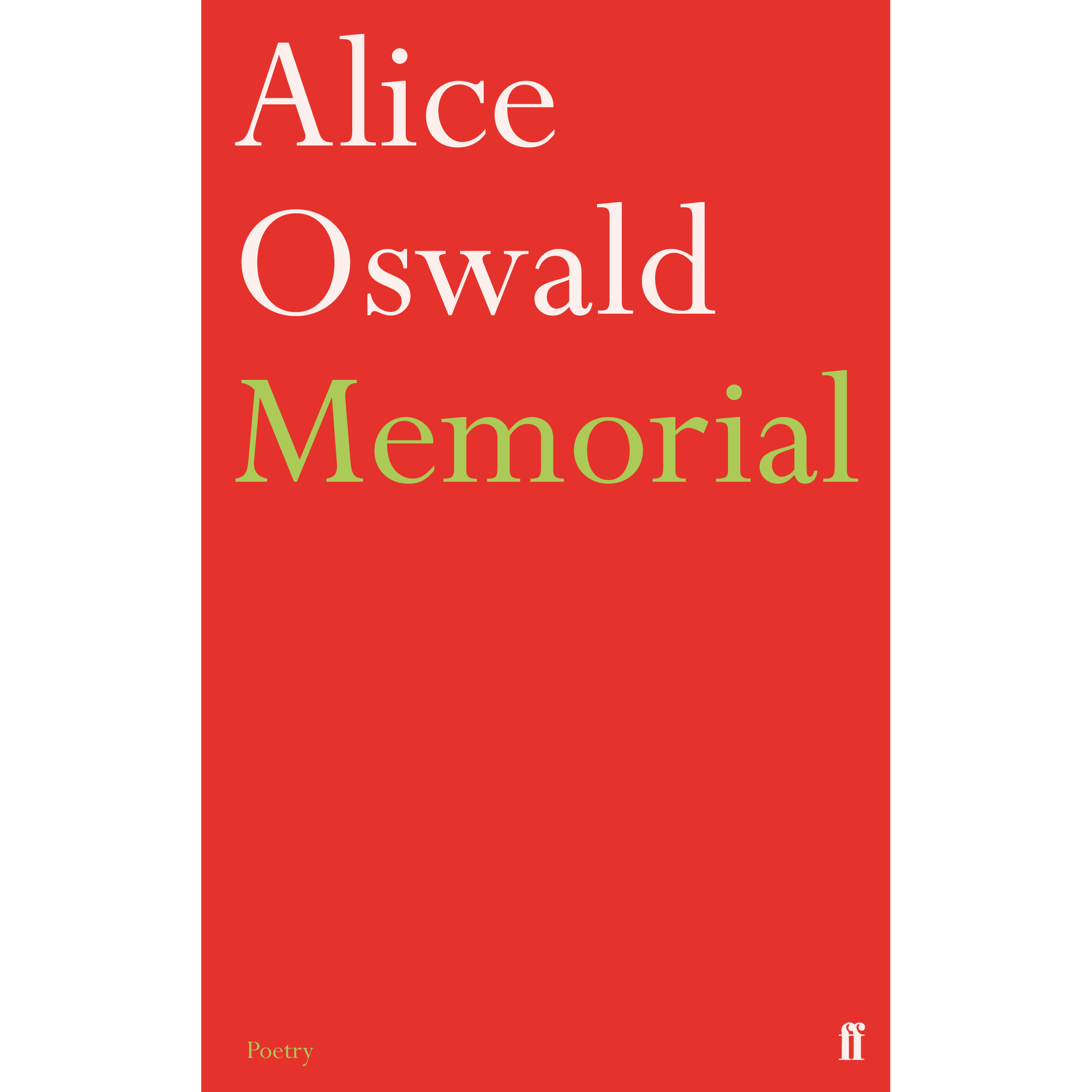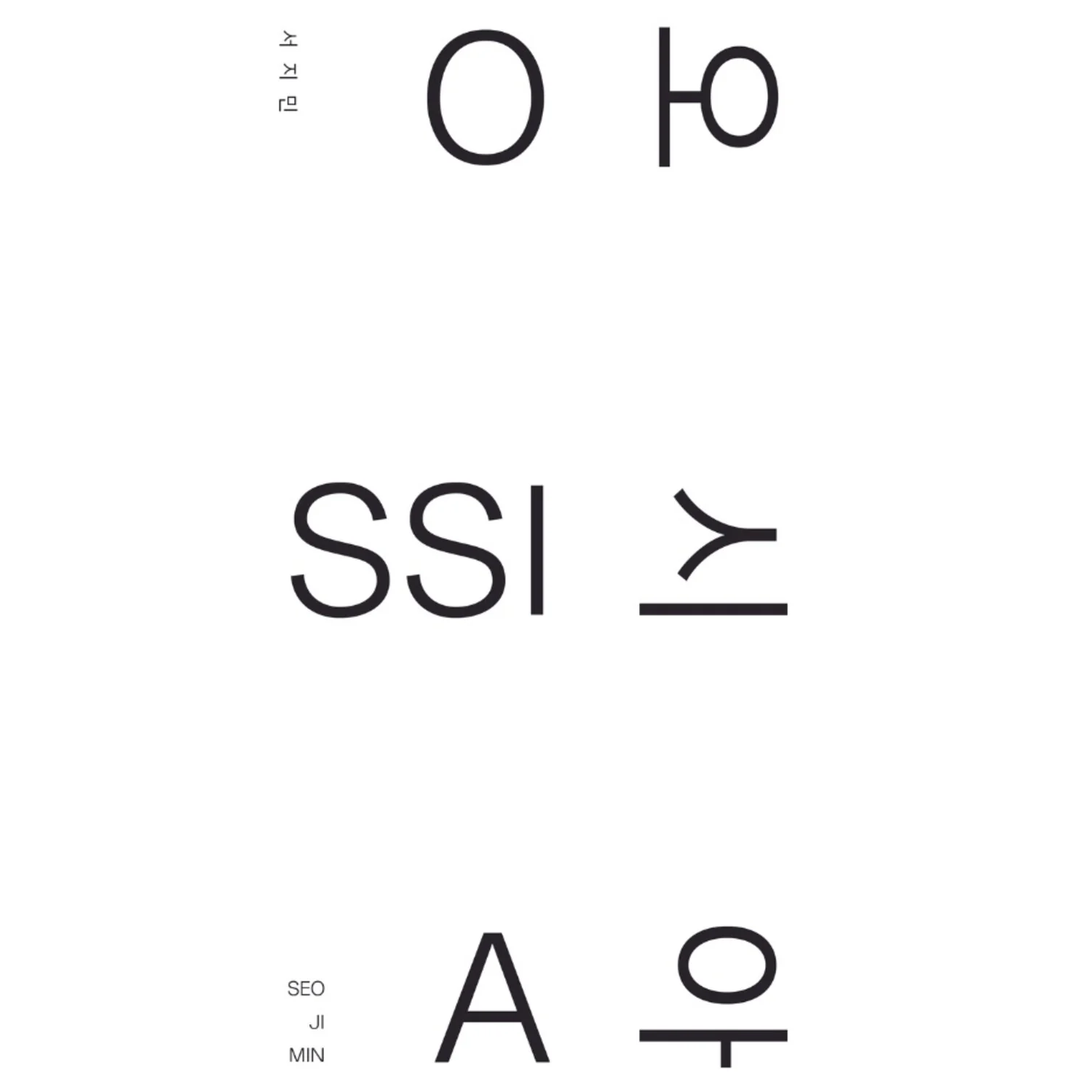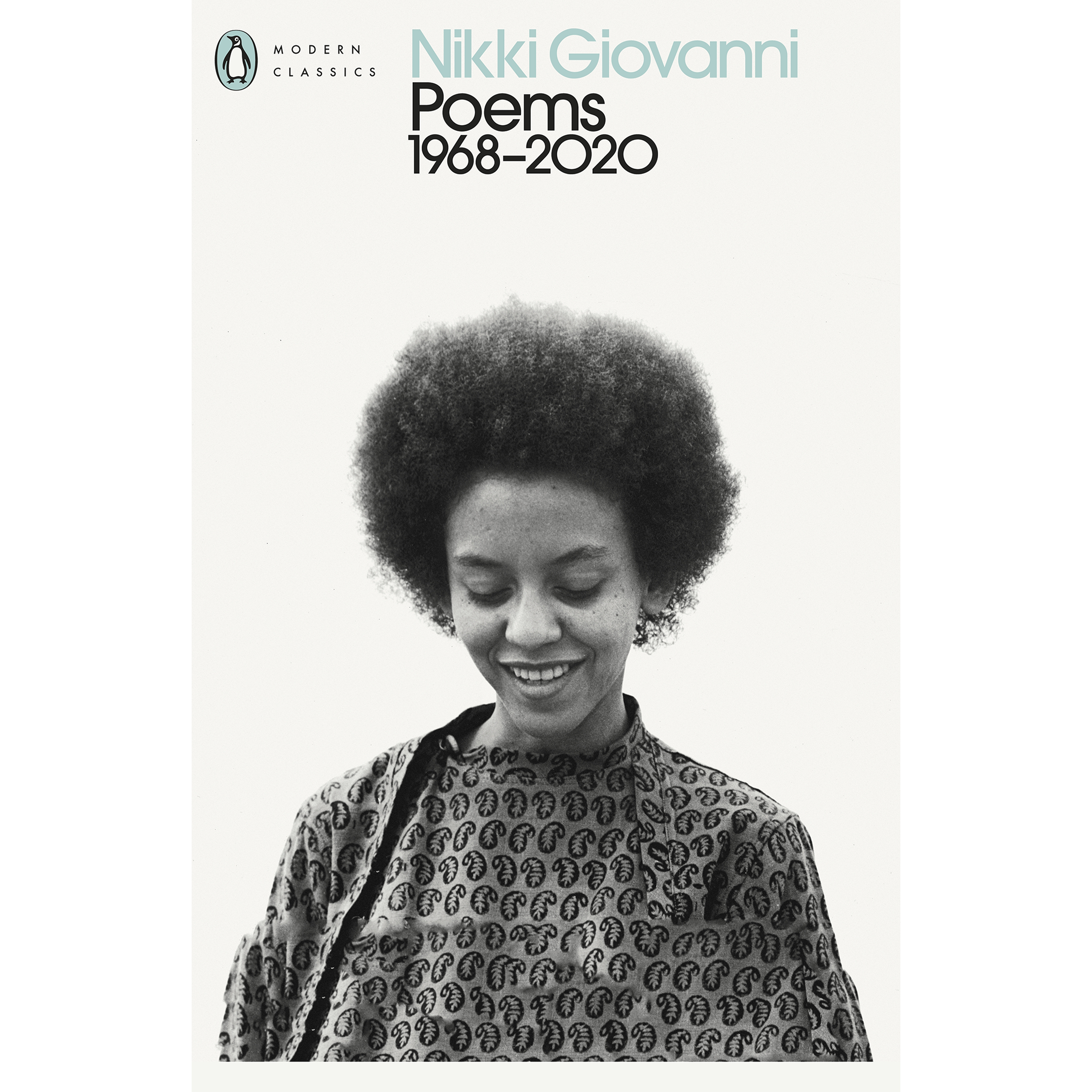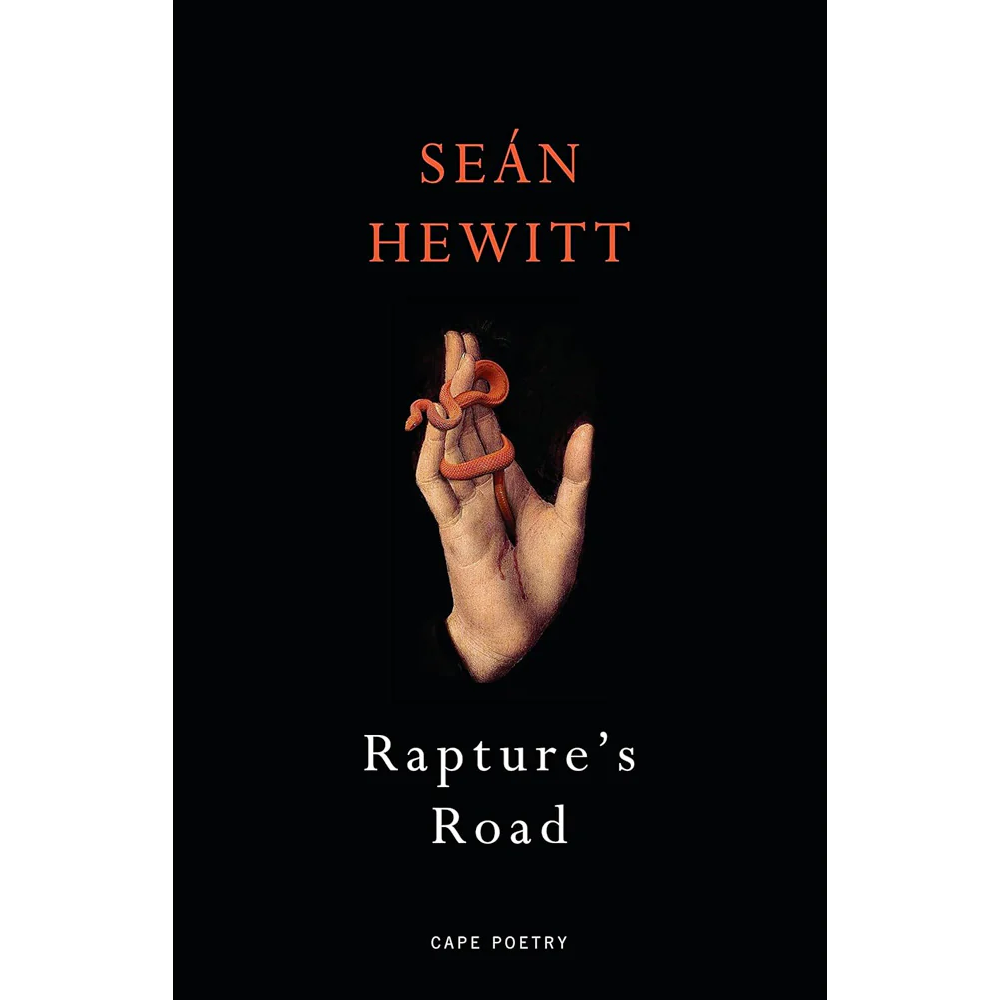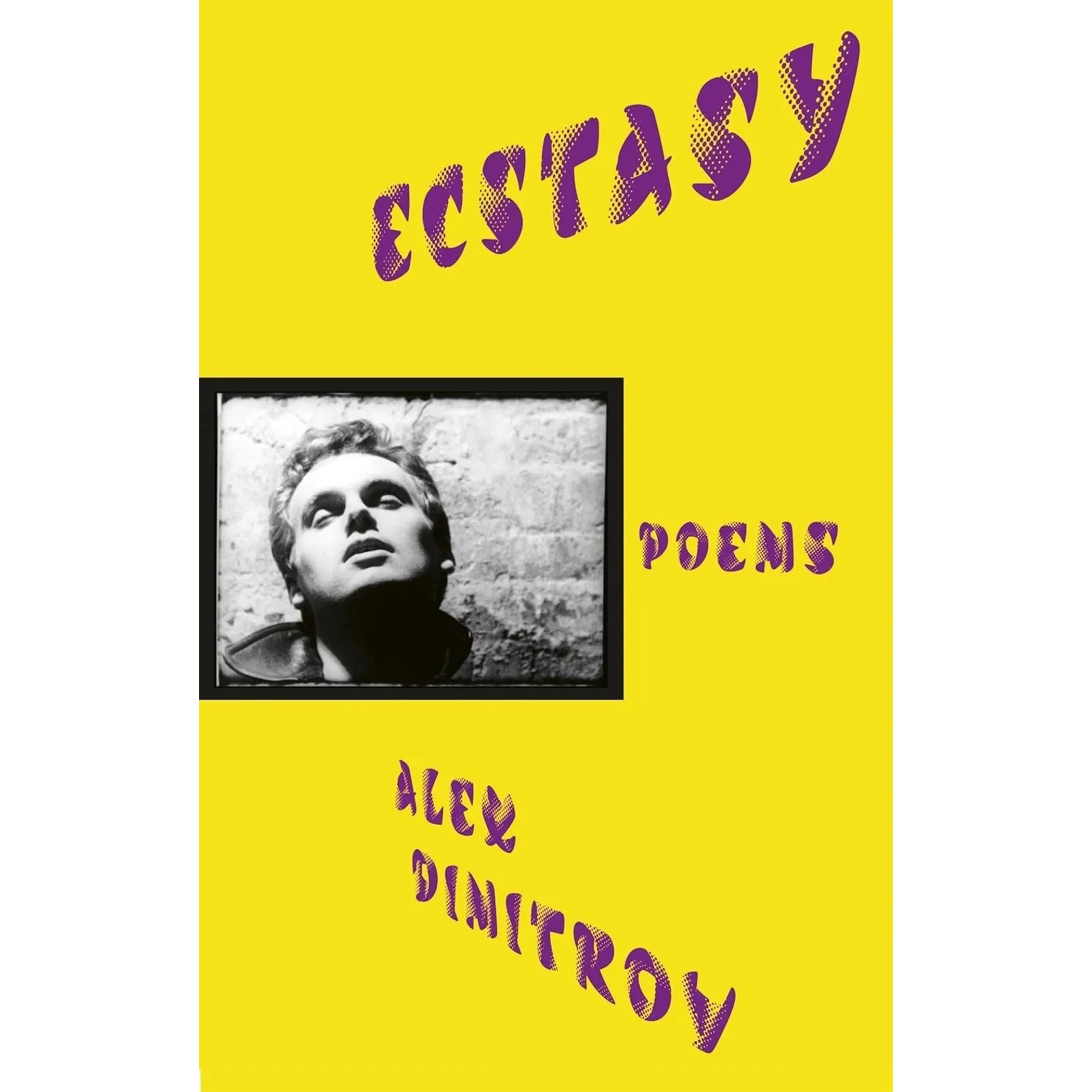Toys / Tricks / Traps
Toys / Tricks / Traps | By Christopher Reid
In Christopher Reid's marvellous new collection, a schoolboy furtively and thrillingly drops a marble through the top of his desk so that it makes its way in darkness along a complicated chute of books, rulers and rubbish, only to emerge from a hole in the base and be caught deftly in his other hand. The poem is titled 'Homeric' and might serve as a clue to the mood and construction of the collection in general, where the poet, now in his seventies, seeks to track down and commune with his much younger self. It is an investigation that tests Wordsworth's 'the Child is father of the Man' by contriving a series of transtemporal encounters between two selves who may now, conceivably, begin to understand each other.
Reid was born in Hong Kong and, thanks to the roving nature of his father's employment, spent some of his childhood in foreign places. Most of the locations in this book, however, are the Britain of the 1950s and '60s - perhaps, at this distance in time, no less exotic. As the poems move from pre-verbal experience to adolescence, the younger self is captured in scenes that illuminate the steps by which a man - a poet - has been raised.
Another poem conjures up the childhood of Henry James in order to reflect on 'the large part / mystery plays in both childhood and art', a proposition that the book as a whole may be said to endorse through both its wondering gaze and its ingenuity.
Toys / Tricks / Traps | By Christopher Reid
In Christopher Reid's marvellous new collection, a schoolboy furtively and thrillingly drops a marble through the top of his desk so that it makes its way in darkness along a complicated chute of books, rulers and rubbish, only to emerge from a hole in the base and be caught deftly in his other hand. The poem is titled 'Homeric' and might serve as a clue to the mood and construction of the collection in general, where the poet, now in his seventies, seeks to track down and commune with his much younger self. It is an investigation that tests Wordsworth's 'the Child is father of the Man' by contriving a series of transtemporal encounters between two selves who may now, conceivably, begin to understand each other.
Reid was born in Hong Kong and, thanks to the roving nature of his father's employment, spent some of his childhood in foreign places. Most of the locations in this book, however, are the Britain of the 1950s and '60s - perhaps, at this distance in time, no less exotic. As the poems move from pre-verbal experience to adolescence, the younger self is captured in scenes that illuminate the steps by which a man - a poet - has been raised.
Another poem conjures up the childhood of Henry James in order to reflect on 'the large part / mystery plays in both childhood and art', a proposition that the book as a whole may be said to endorse through both its wondering gaze and its ingenuity.
Toys / Tricks / Traps | By Christopher Reid
In Christopher Reid's marvellous new collection, a schoolboy furtively and thrillingly drops a marble through the top of his desk so that it makes its way in darkness along a complicated chute of books, rulers and rubbish, only to emerge from a hole in the base and be caught deftly in his other hand. The poem is titled 'Homeric' and might serve as a clue to the mood and construction of the collection in general, where the poet, now in his seventies, seeks to track down and commune with his much younger self. It is an investigation that tests Wordsworth's 'the Child is father of the Man' by contriving a series of transtemporal encounters between two selves who may now, conceivably, begin to understand each other.
Reid was born in Hong Kong and, thanks to the roving nature of his father's employment, spent some of his childhood in foreign places. Most of the locations in this book, however, are the Britain of the 1950s and '60s - perhaps, at this distance in time, no less exotic. As the poems move from pre-verbal experience to adolescence, the younger self is captured in scenes that illuminate the steps by which a man - a poet - has been raised.
Another poem conjures up the childhood of Henry James in order to reflect on 'the large part / mystery plays in both childhood and art', a proposition that the book as a whole may be said to endorse through both its wondering gaze and its ingenuity.

